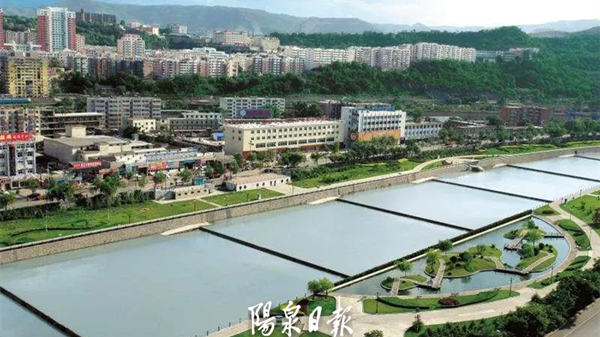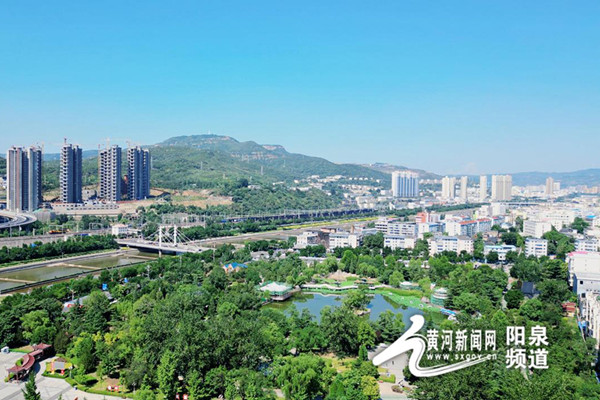Sikuang Hospital
The Sikuang Hospital is a first-level comprehensive hospital. The total size of the hospital is 5,950 square meters, the construction area is 4,052.73 square meters and the business area of the construction acreage is 1,851 square meters. The registered capital is 7.34 million yuan. In 1986, there were only 100 beds. In 2005, the bed number was reduced to 50. More than 30,000 people have been served by the hospital. It is also a medical insurance designated hospital in Yangquan city.
The functional departments include: office, medical department, nursing department, outpatient department, medical insurance office, finance department, maternal and health care department and the Qiaotou community service center (Qiaoxi Community Health Service Station).
The clinical departments include: internal medicine department, surgery department, gynecology clinic, stomatology department, emergency department, traditional Chinese medicine department and the rehabilitation and physiotherapy department.
Medical laboratory departments include: medicine and medical equipment (Western pharmacy, traditional Chinese pharmacy, medical equipment), laboratory department, radiology department, electrocardiogram, and a storage and supply room.
Auxiliary departments include: a medical cases statistics room, registered charging room, and logistics group.
The internal medicine department mainly treats cardiovascular and cerebrovascular diseases, respiratory diseases, digestive diseases, endocrine and metabolic diseases, and frequently-occurring diseases and emergency treatment.
The surgery department undertakes general operations such as bone trauma, general surgery and urinary surgery. The traditional Chinese medicine department treats chronic diseases such as cardiovascular and cerebrovascular, respiratory, digestive, endocrine, gynecological, and pediatric diseases, and also does massage, acupuncture and cupping and physiotherapy rehabilitation.
The radiology department conducts fluoroscopy, angiography, site photography, B-ultrasound examinations, and electrocardiogram examinations. The laboratory department carries out work such as clinical inspection, biochemistry and bacterial culturing. The maternal and health care department is mainly responsible for planning immunization, child system management, infectious disease management, family planning, and community work in the region.





